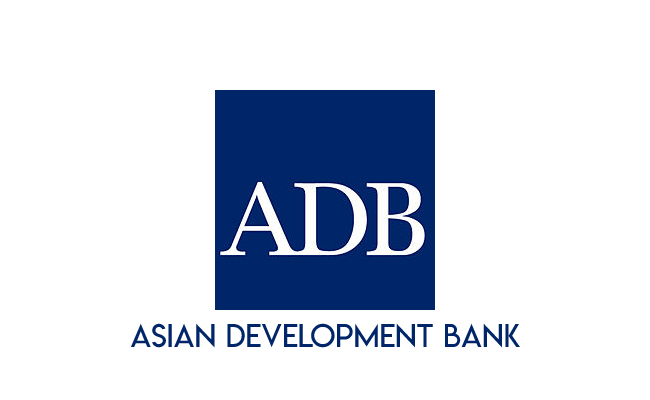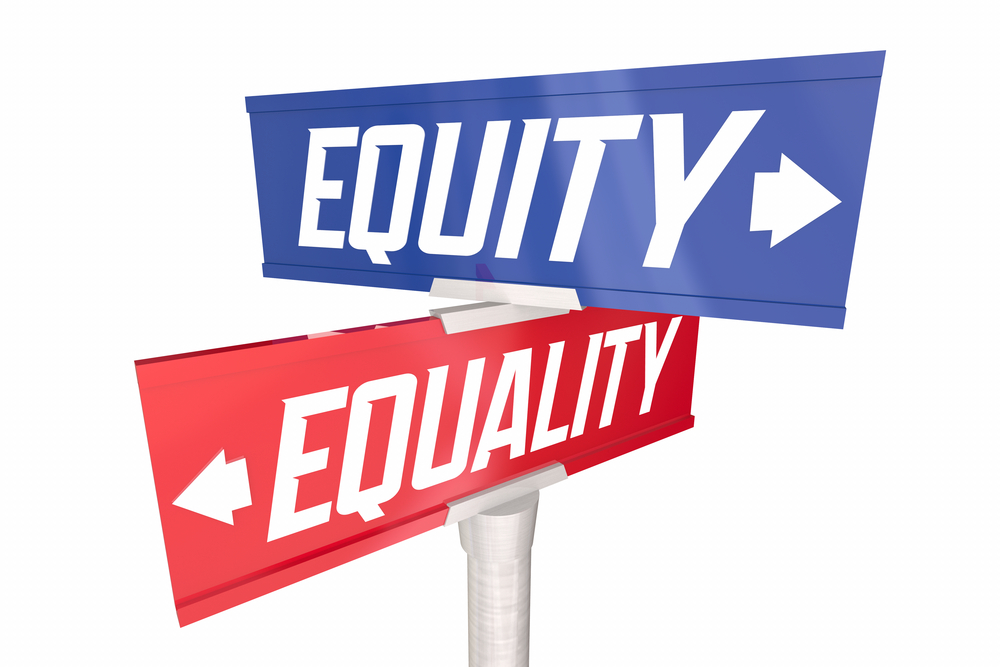It’s been observed many times that there is a fundamental divide in how people view the idea of fairness, with one side viewing fairness as being process oriented, while the other views fairness as being outcome oriented. In the process view, as long as everyone plays by the same rules, things are fair, and the results will also be fair because they came about as the result of a fair process. In the other view, fairness means having an equal likelihood of success, and if everyone playing by the same rules produces unequal results, then this is an unfair process, and the rules should be altered to produce a fair outcome.
In the process view, a boxing match between me and the current world champion where both fighters observed all the rules and were officiated by an unbiased referee, would be a fair fight despite the fact that it would almost certainly end in a first-round knockout. (Fortunately for the champ, I’m content with my current arrangements so his title is safe.) On the outcome view, since both fighters don’t enter the ring with the same likelihood of success, it’s not a fair fight. At the limit, on the outcome view, a fair system would be one that advantages some fighters and handicaps others to the point where every fight always goes the distance and ends in a draw.
More recently, this general divide has shifted into discussions about “equality” and “equity.” As this description advocating the equity approach puts it, “Equality means each individual or group of people is given the same resources or opportunities. Equity recognizes that each person has different circumstances and allocates the exact resources and opportunities needed to reach an equal outcome.” Here we see a similar divide in thinking – one side thinks that as long as the process is fair, so are the outcomes, while the other thinks that if the outcomes are unfair (according to how closely it matches pre-selected results), so is the process.
I lean much more in favor of the process side of this debate than the outcome side. Part of that is practical. The fundamental idea of the outcomes side is that “we” (read: political elites) should decide in advance what the outcomes are “supposed” to be, and “we” (political elites, again) have both the knowledge and ability to effectively design rules favoring some groups at the expense of others in a way that will reliably produce a predetermined outcome. I don’t believe technocrats have either the knowledge or ability to carry out such a task, and I think political elites wielding the power to treat people unequally in the service of creating a desired outcome is a terrible idea, because [gestures broadly at all of human history].
But these are simply practical concerns. A more fundamental objection I have is the idea that correct results are something that exist in advance of the process creating them. This kind of objection was recently brought to the forefront of my mind by a recent Twitter thread from Daron Acemoglu, suggesting that perhaps we are on the verge of having the kind of supercomputing power available to us to solve the kind of knowledge problems that concerned F. A. Hayek. Acemoglu fundamentally misunderstood the problem Hayek was describing. It’s not the case that economic information just exists “out there,” exogenously, and that if only we had enough computing power it could be used efficiently. Economic information doesn’t exist independently of the economic system – markets do not merely aggregate economic information; they generate the information itself.
Economic information does not exist prior to, and independently of, the market process, it is continuously created in the ever-ongoing market process. Acemoglu spoke as if the information simply exists as given, and we need only to input this pre-existing information to a system with sufficient computing power to solve the problem of economic calculation. He missed Hayek’s point completely.
This is analogous to what I find fundamentally wrong with the outcome view. It, too, treats the idea that “correct outcomes” are something that have their own exogenous existence, independently of what people are doing to generate those outcomes, and therefore the goal is to design a system that creates these pre-existing “correct” outcomes.
But I’ve never been able to make sense of that view. The grade a student should receive for an assignment isn’t something that simply exists out there in the ether, waiting for the correct grading process to uncover – the grade they should receive is something that is created, in the process of completing that assignment and the end result produced from that process. Likewise, the “correct” outcome of a sports competition doesn’t exist prior to the competition itself – it is generated as a result of engaging in that competition. And similarly, the outcome one “should” receive in an economic system doesn’t exist prior to that person’s productive engagement in that system – it emerges from how much that person produces that is valued by other people. For example, it’s not the case that a priori, Steve Jobs somehow “deserved” to make lots of money and the market correctly uncovered that pre-existing information. Instead, the market process made Steve Jobs a lot of money because by engaging in that process, Jobs produced a lot of things other people valued. Prior to engaging in that process, there was no answer to the question of how much Steve Jobs “should” make, and any theory that treats those answers as having a given, independent existence makes the same mistake Acemoglu made about Hayek.






































